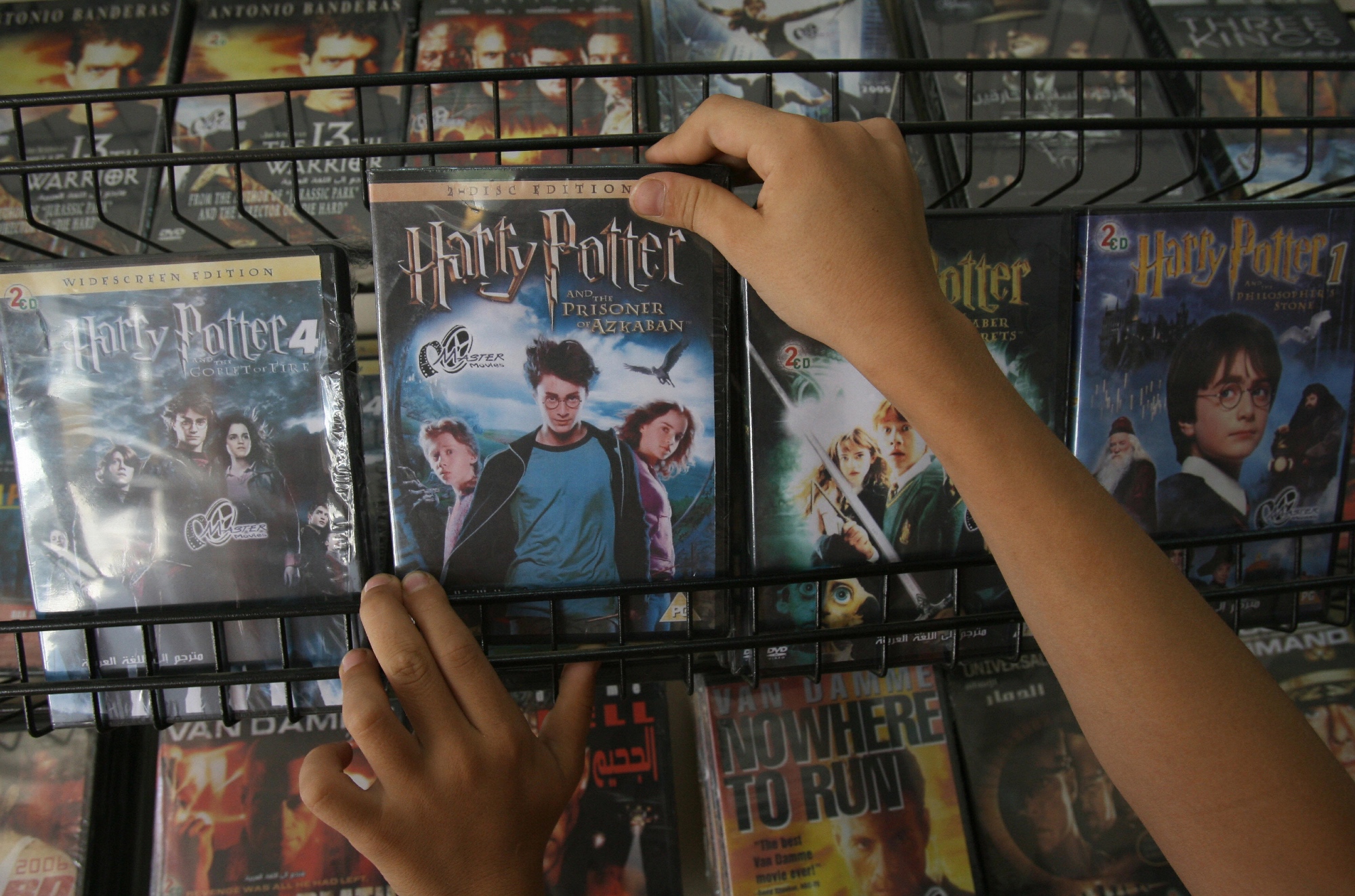Banned Books Week: The Top 5 Movies Based on Banned Books
The art of storytelling has always been considered controversial, which has led to works across various mediums being banned. As a result, Banned Books Week is a campaign created by the American Library Association and Amnesty International. The purpose is to spread awareness of the freedom to read. Many banned books have been adapted into movies. Some of them have gone on to become massive international successes.
‘Black Hawk Down’ was banned from classrooms
Journalist Mark Bowden’s Black Hawk Down: A Story of Modern War was released in 1999. The book explores a failed Special Forces mission in Somalia and the resulting battle in Mogadishu between the United States and Mohamed Farrah Aidid’s militia. Black Hawk Down was banned in a Louisiana classroom in 2008 for profanity.
2001’s film adaptation was directed by Ridley Scott. It brought in a global $173 million against a reported $92 million budget.
‘The Great Gatsby’ is considered controversial
F. Scott Fitzgerald’s 1925 classic The Great Gatsby is deemed highly controversial. The story is told from the perspective of narrator Nick Carraway. It follows his interactions with millionaire Jay Gatsby, who has an obsession with his former lover, Daisy Buchanan. Many groups have targeted The Great Gatsby for its use of language, violence, and sexual references. Several school curriculums have removed the book from their teachings.
The Great Gatsby was adapted into Baz Luhrmann’s 2013 movie starring Leonardo DiCaprio, Tobey Maguire, Carey Mulligan, and Joel Edgerton. The movie earned two Oscar nominations and $353 million at the global box office.
‘Gone with the Wind’ got banned for racism
Margaret Mitchell’s Gone with the Wind was first published in 1936. The novel is based in Clayton County and Atlanta. It includes a coming-of-age story that’s set during the American Civil War. The book has been banned several times over the years for its casual use of racial slurs toward Black people.
Gone with the Wind was adapted into a movie in 1939. Victor Fleming’s film stars Clark Gable, Vivien Leigh, Leslie Howard, and Olivia de Havilland. It has made over $390 million at the box office, but the movie has also received similar criticisms as the book.
‘The Hunger Games’ is a banned and heavily-challenged book series
Suzanne Collins’ The Hunger Games series started in 2008. It was followed up with Catching Fire in 2009 and Mockingjay in 2010. The dystopian trilogy follows a teenage protagonist named Katniss Everdeen as she fights against a powerful society for freedom. The Hunger Games trilogy is considered to be one of the most challenged series. The reasons for the bans include language, violence, anti-family, anti-ethic, and occult/Satanism.
The Hunger Games was adapted into a film trilogy starring Jennifer Lawrence in the lead role. Mockingjay was split into two parts, totaling four movies. The Hunger Games is the 21st-highest-grossing movie franchise of all time. It has brought in over $2.97 billion.
‘Harry Potter’ has been banned for witchcraft

J.K. Rowling’s Harry Potter book series contains seven fantasy novels. It all started with Harry Potter and the Philosopher’s Stone, which was originally published in 1997. The book series is considered to be one of the most banned books in 2001, 2002, 2003, and 2019. The reasons include that it’s considered anti-family, discussed magic and witchcraft, spells, curses, violence, and references to occult/Satanism.
Harry Potter was adapted into a total of eight movies. It stars Daniel Radcliffe, Emma Watson, and Rupert Grint in the lead roles. The film series is considered to be the third highest-grossing movie franchise of all time. It’s brought in a global total of $7.7 billion.
There are many other well-known new and old banned books that have been turned into well-received movies, including The Hate U Give and To Kill a Mockingbird. They certainly won’t be the last books to be banned. However, that’s why Banned Books Week is an important campaign. Having the freedom to read is well worth celebrating.


